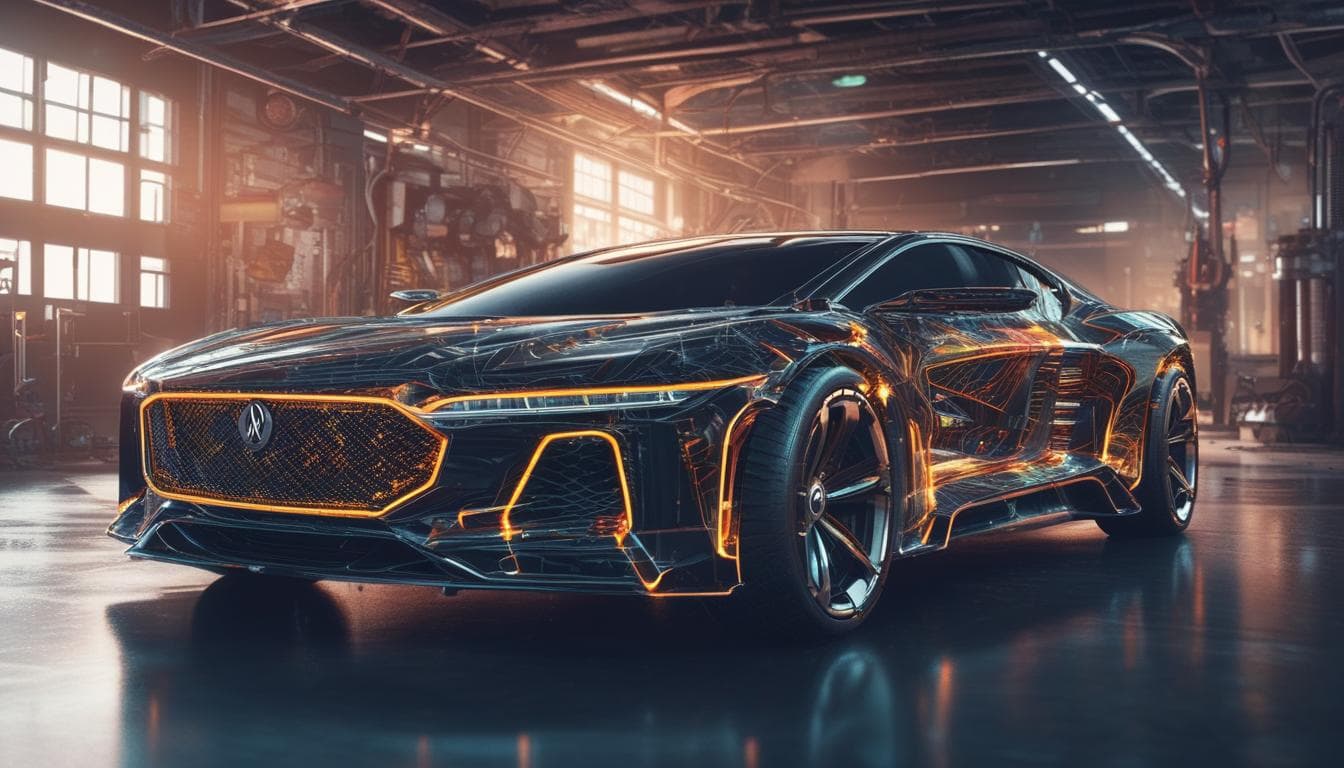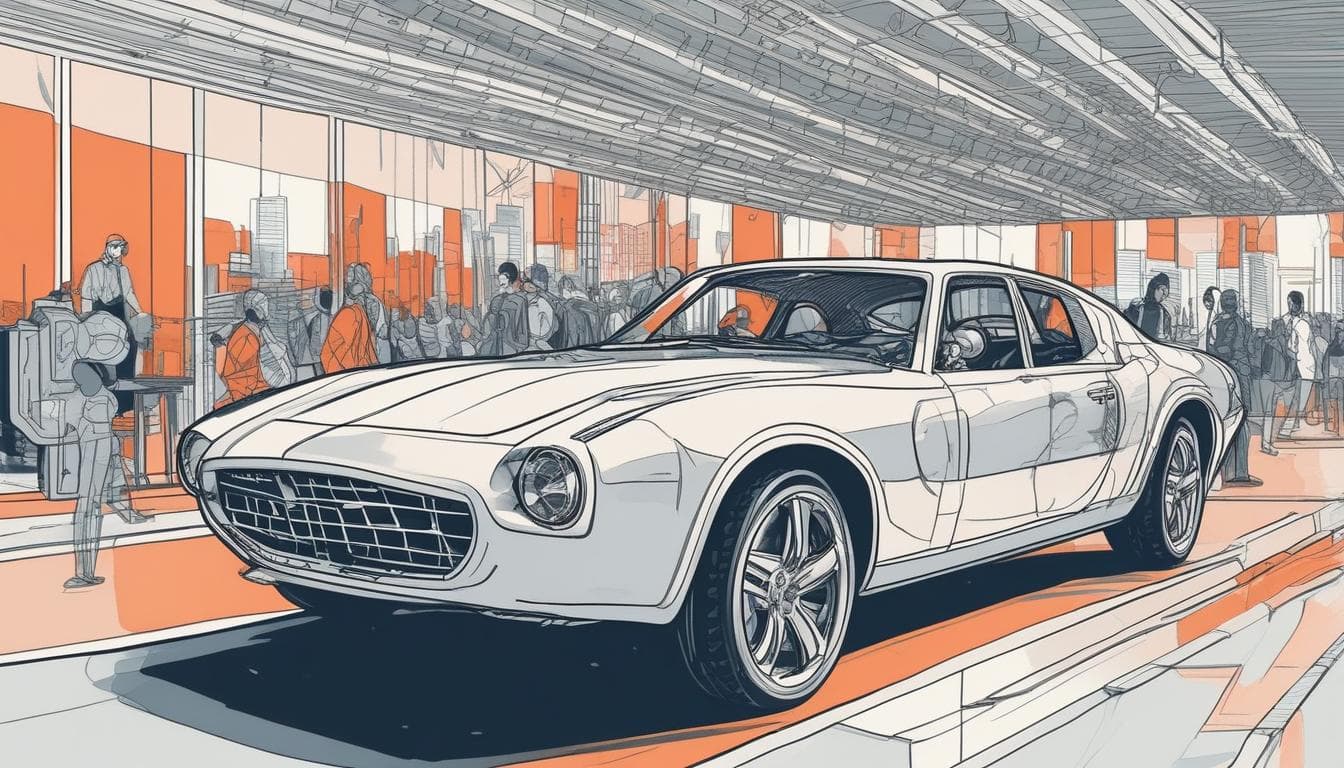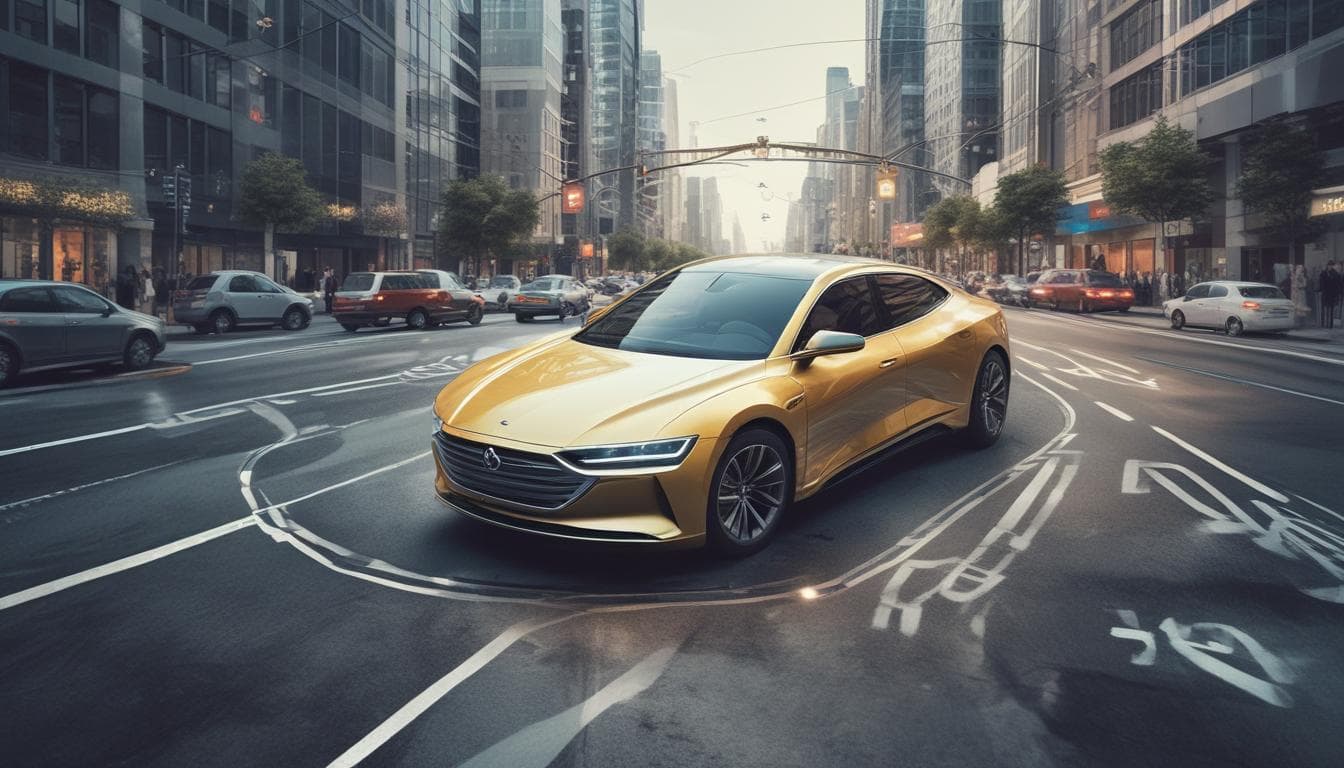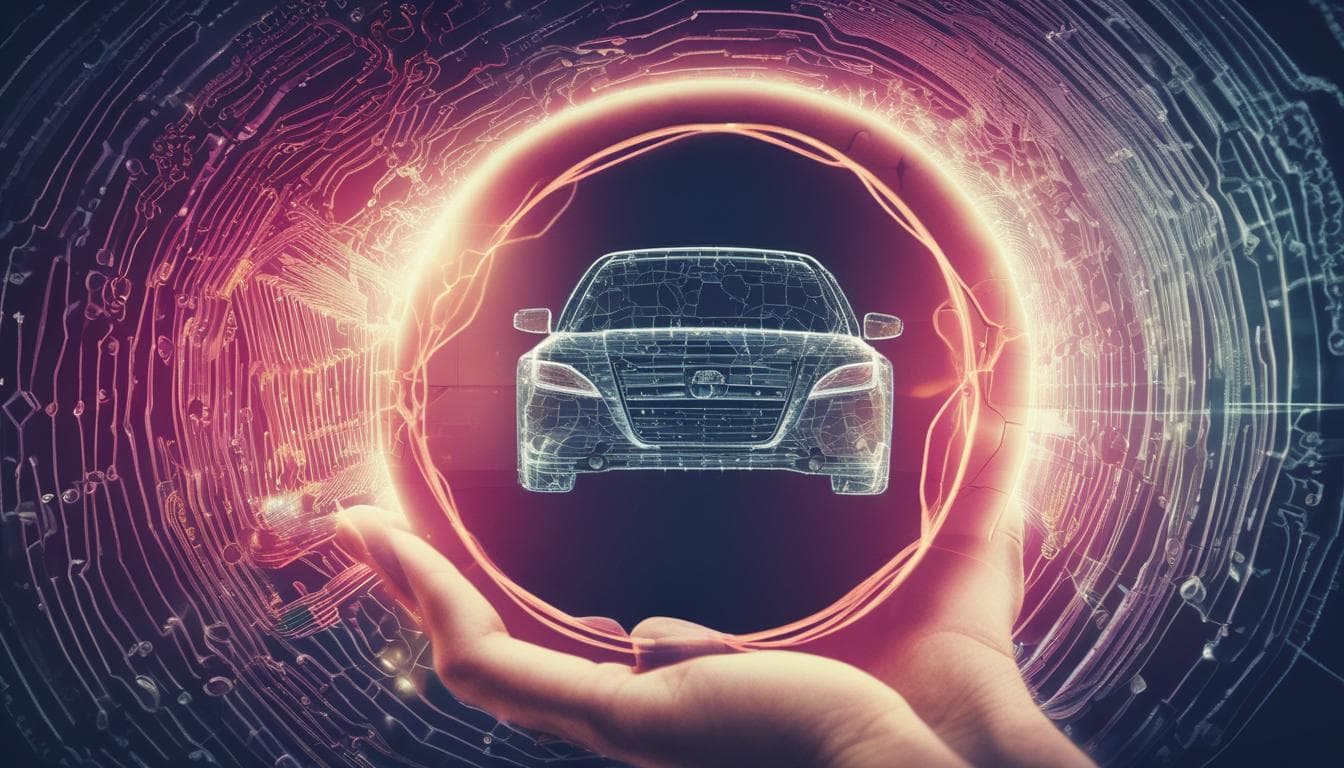设想一下,如果未来汽车不再是私人拥有,而是完全按需共享的服务模式,那么人们对汽车的“个性化认同”和对独特汽车美学的追求将何去何从?届时,所有的汽车都将变成千篇一律的实用型移动舱,还是会在共享车队中诞生出一种全新的汽车艺术形式?这种转变将如何影响我们对汽车的理解和情感联结?
您的设想非常具有前瞻性,未来汽车服务模式的变革确实会对个人化认同与美学追求带来深远影响。随着按需共享成为主流,汽车的实用性无疑会增强,但这并不意味着汽车的艺术性会消失。相反,未来可能会出现更多以定制化、数字化与虚拟化为核心的创新表达方式。例如,用户可以通过数字孪生技术(如在汽车数字孪生技术中所描述的)个性化定制汽车外观和内部环境,而车辆的外观设计也可能转向更具艺术性和互动性的数字界面,形成一种全新的“汽车艺术”。此外,随着汽车与元宇宙的融合,用户或将通过虚拟空间中打造与众不同的虚拟汽车,表达个性与审美。最终,这种变化将深刻影响我们对汽车的情感联结,从实用转向更多元、虚拟且个性化的体验,从而开创汽车艺术和文化的新局面。
Explore More on This Topic
Join the Conversation
- The Future of AI-Driven In-Car Personalization: Beyond Comfort and Entertainment
Explore the future of AI in vehicles and how it can personalize the driving experience beyond entertainment and comfort. Discuss the ethical considerations and potential benefits of deep AI integration, such as anticipating mood and stress levels and suggesting personalized micro-experiences.
- The Future of Automotive Tourism: AI-Curated Road Trips vs. Spontaneous Exploration
Explore the future of automotive tourism in the age of AI. Will AI-curated road trips replace spontaneous exploration, or will they coexist? Discuss the opportunities and challenges for travelers and the tourism industry as AI integrates into vehicles and travel experiences.
- The Future of Road Rage in the Age of AI-Powered Vehicles
How will AI in vehicles impact road rage? Will it help de-escalate aggressive driving or make it worse? Explore the potential roles of AI and human drivers in managing these scenarios.





